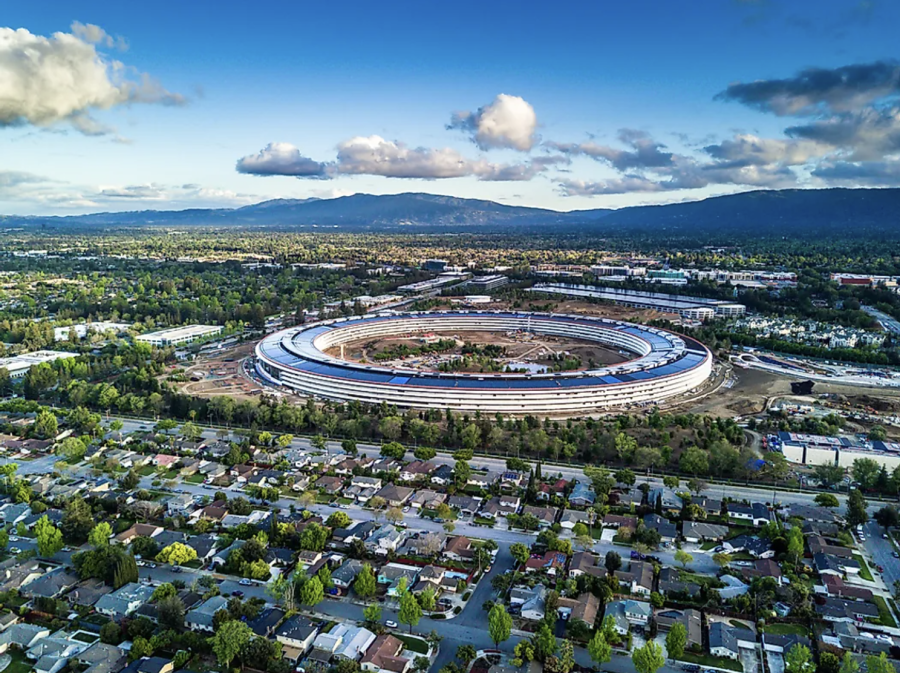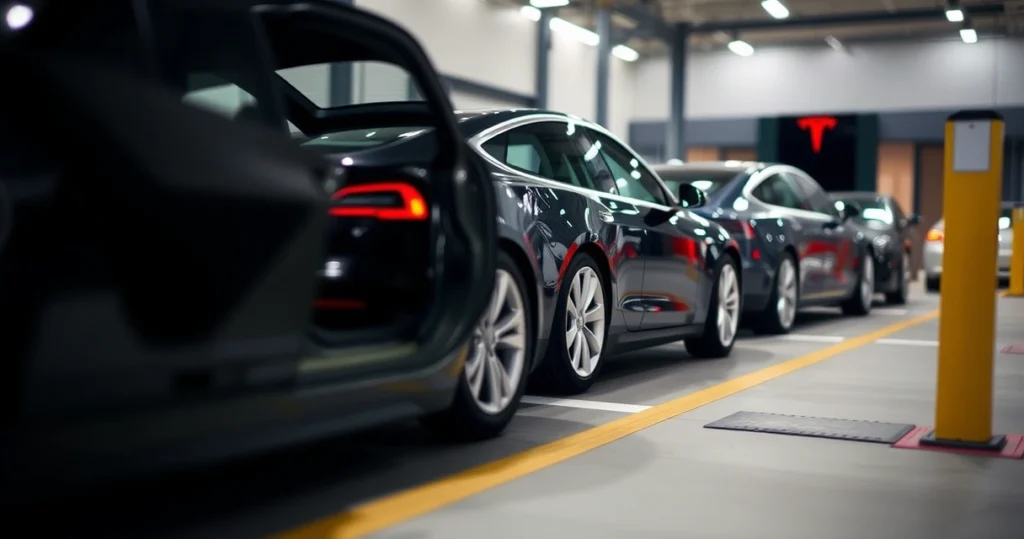In recent years, the relationship between Silicon Valley and Washington has come under intense scrutiny. Once seen as a powerful alliance, the dynamics are shifting, raising questions about the influence of tech billionaires on American politics. This article delves into the changing landscape of this relationship, particularly in light of the Trump Administration and the emergence of “woke AI,” a term that encapsulates the evolving ethical considerations within technology.

As we explore this complex interplay, we will examine the implications of the tech industry’s influence on policy-making, the growing concern over corporate power, and the new wave of public sentiment that challenges traditional alliances. This analysis not only sheds light on the current state of affairs but also provides insights into the potential future of Silicon Valley’s engagement with Washington.
The Historical Context of Silicon Valley and Washington
The relationship between Silicon Valley and Washington has evolved significantly over the past few decades. Initially, tech companies thrived on the laissez-faire approach of the government, which allowed for innovation and rapid growth. However, with the emergence of major tech giants like Google, Facebook, and Amazon, the landscape began to change. The unprecedented power and wealth of these companies prompted increased scrutiny from lawmakers, leading to a more complex relationship.
The Rise of Tech Billionaires
Tech billionaires have become some of the most influential figures in American society. Their wealth enables them to wield considerable political power, often through lobbying efforts and substantial campaign contributions. However, this influence is not without controversy. Critics argue that the growing political clout of these billionaires has led to a disproportionate impact on policy decisions, particularly in areas like data privacy, antitrust laws, and labor rights.
The Trump Administration’s Impact
The Trump Administration marked a turning point in the relationship between Silicon Valley and Washington. With a president who often embraced controversial policies and rhetoric, tech companies found themselves navigating a challenging political landscape. The administration’s approach to regulation, particularly concerning social media platforms, highlighted the friction between government officials and tech executives.
The Emergence of Woke AI
As the tech industry continues to evolve, the concept of “woke AI” has surfaced, reflecting a growing awareness of social justice issues within technology. This term refers to the efforts to create artificial intelligence systems that are ethically sound and socially responsible. The rise of woke AI has implications for how Silicon Valley interacts with Washington, as policymakers begin to grapple with the ethical ramifications of technology on society.
The Ethical Dilemmas of AI
Woke AI raises important questions about bias, accountability, and transparency in technology. As AI systems become increasingly integrated into daily life, the potential for harm—whether through biased algorithms or lack of accountability—becomes a pressing concern. This has prompted calls for more robust regulations and ethical frameworks, placing Silicon Valley at the forefront of the debate.
The Response from Silicon Valley
In response to the challenges posed by woke AI, many tech companies have begun to adopt more socially responsible practices. Initiatives aimed at increasing diversity in technology teams, ensuring equitable access to AI tools, and advocating for ethical guidelines have gained traction. However, the effectiveness of these initiatives remains a topic of debate, as critics argue that they may be more about public relations than genuine change.
The Shift in Public Sentiment and Political Landscape
As Silicon Valley navigates its relationship with Washington, public sentiment is shifting. Growing disenchantment with the perceived excesses of big tech has led to increased calls for regulation and accountability. This changing atmosphere has implications for both tech companies and policymakers, as the public demands greater transparency and ethical considerations in technology.
The Role of Grassroots Movements
Grassroots movements advocating for digital rights, data privacy, and corporate accountability have gained momentum in recent years. These movements not only challenge the traditional narrative of Silicon Valley’s untouchable status but also foster a climate of activism that holds tech companies accountable for their actions. The rise of such movements indicates a significant shift in power dynamics, as everyday citizens begin to assert their influence over technology and policy.
The Future of the Silicon Valley-Washington Relationship
As we look ahead, the future of the relationship between Silicon Valley and Washington remains uncertain. The growing scrutiny of tech companies, coupled with the rise of woke AI and grassroots activism, suggests that the status quo is no longer sustainable. Tech billionaires may need to adapt to a new political environment where transparency, ethics, and social responsibility are paramount.
Important Points to Consider
- The historical context of Silicon Valley’s relationship with Washington is marked by both collaboration and tension.
- Tech billionaires wield significant political influence, raising concerns about the impact on policy decisions.
- The Trump Administration’s approach to regulation highlighted the friction between tech companies and government.
- The emergence of woke AI reflects growing awareness of ethical considerations within technology.
- Shifting public sentiment and grassroots movements are challenging the traditional power dynamics between Silicon Valley and Washington.
Frequently Asked Questions (FAQ)
1. What led to the shift in Silicon Valley’s relationship with Washington?
The shift can be attributed to increased scrutiny of tech companies, growing public sentiment against corporate influence in politics, and the emergence of ethical concerns surrounding technology, particularly with the rise of woke AI.
2. How do tech billionaires influence policy decisions?
Tech billionaires influence policy through lobbying efforts, campaign contributions, and by leveraging their wealth to shape public discourse on issues affecting the technology industry.
3. What is woke AI and why is it important?
Woke AI refers to the efforts to create artificial intelligence systems that are ethically sound and socially responsible. It is important because it addresses the potential biases and ethical dilemmas associated with AI technologies.
4. How have grassroots movements impacted Silicon Valley?
Grassroots movements have increased public awareness of digital rights and corporate accountability, fostering a climate of activism that challenges the traditional power dynamics between Silicon Valley and Washington.
5. What does the future hold for the Silicon Valley-Washington relationship?
The future is uncertain, but the growing emphasis on transparency, ethics, and social responsibility suggests that Silicon Valley may need to adapt to a new political environment where public scrutiny is more pronounced.
Conclusion
The relationship between Silicon Valley and Washington is undergoing a significant transformation. As tech companies face mounting scrutiny over their influence on policy and the ethical implications of their technologies, the traditional alliances that once defined this relationship are being challenged. The emergence of woke AI and the rise of grassroots movements signal a shift towards greater accountability and transparency, suggesting that Silicon Valley may need to reevaluate its approach to Washington. As we move forward, the interplay between these two influential sectors will continue to evolve, shaping the future of technology and governance in America.
📰 Original Source
Este artigo foi baseado em informações de: https://www.wired.com/story/uncanny-valley-podcast-is-silicon-valley-losing-its-influence-on-dc/


